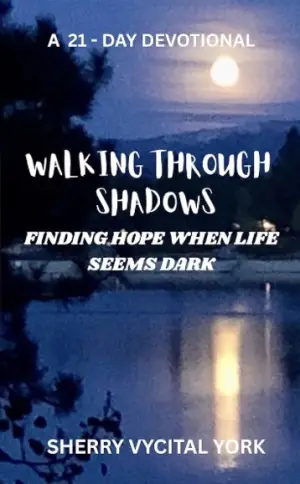Book Review: “Triptych”
As an avid fan of science fiction, I was immediately drawn to “Triptych.” The premise of humanity standing on the brink of a great change, coupled with the return of Cassie Voges to Earth amid a pandemic of potentially alien origins, had all the right elements for a captivating read. This blend of urgency and mystery resonated with my taste for novels that challenge the boundaries of our understanding, and I was eager to delve into this thrilling adventure.
The book is indeed a wild ride, filled with engaging characters and suspenseful moments that kept me on the edge of my seat. Several reviewers, like Greg Schmidt, echoed my sentiments about the suspense and creative energy, highlighting the unique storytelling that makes “Triptych” stand apart. I found Cassie’s journey compelling and filled with twists that often took me by surprise. The narrative is well-constructed, weaving complex interactions among politicians, researchers, and soldiers as they grapple with a world that seems poised for chaos or transformation.
However, despite the page-turning excitement, I encountered some notable drawbacks. Various readers pointed out issues with pacing and editing, which I found to be accurate. At times, the story seems to meander, causing it to feel tedious—particularly during certain political discussions. RenaissanceMan’s comment about the lack of editing resonated with me; I noticed a few grammatical lapses that distracted from an otherwise engaging plot.
Another aspect that might leave some readers wanting is the ending—notably, how it struggles with closure. London Marion also noted this flaw, suggesting it felt flat and unresolved. I couldn’t shake off the feeling that the conclusion didn’t quite honor the buildup of tension and intrigue that preceded it. I’m left wondering if this is a setup for a sequel, as many twists invited further exploration of the storyline.
The book does excel in tying its narrative to current events and societal themes, as expressed in Rspellmann’s review. The character dynamics and the portrayal of governance cleverly reflect some troubling elements of our modern world. I appreciated how the author challenges our understanding of leadership and morality, creating a narrative that prompts reflection on our institutions. However, some thematic elements felt a bit exaggerated and rubbed against my personal preferences, particularly in the overly ambiguous character portrayals.
Overall, “Triptych” offers a gripping journey packed with thrilling elements of science fiction. It kept me engaged through most of its length, thanks to Cassie’s compelling character and the high stakes at play. The combination of suspense and cerebral storytelling made the reading experience worthwhile.
In conclusion, I would recommend “Triptych” to science fiction enthusiasts seeking a story that balances excitement with a thoughtful exploration of contemporary issues. While it has its pacing troubles and ends on a note that may not please everyone, the narrative’s strengths outshine its weaknesses. If you’re willing to navigate through a few rough edges, you’ll find a significant and entertaining story waiting for you. I enjoyed the ride, and I think many readers will, too.








